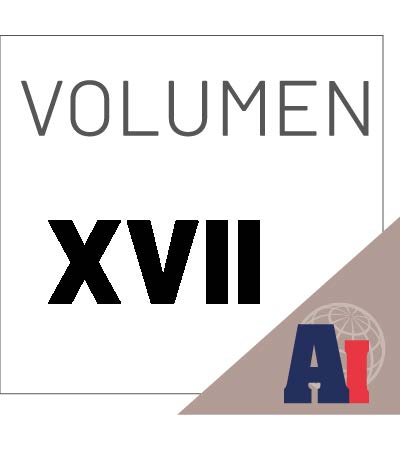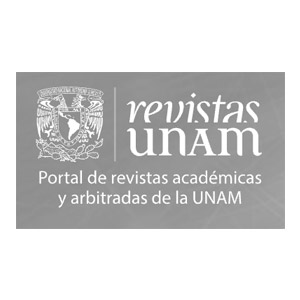Interpretación y aplicación de una obligación internacional en el sistema jurídico nacional: considerando seriamente la división de beneficios de la utilización de recursos genéticos en la India
Al considerar seriamente la interpretación y aplicación de las obligaciones internacionales sobre la división equitativa de los beneficios derivados de la utilización de los recursos genéticos, India se ha decidido por leyes, reglas y guías a fin de definir equidad así como una evaluación “caso a caso”. Esta evaluación se debe a consecuencia de casos ocurridos en India que hicieron que la ley sobre la materia no sólo incluyera el mandato del artículo 15.7 de la Convención sobre Diversidad Biológica, sino también los razonamientos productos de los casos mismos. El proceso de generación de ley producto de la incorporación es en este caso dual, es decir, producto de la norma jurídica internacional y de la obligación internacional de aplicación de la misma al sistema jurídico nacional así como de las “experiencias” nacionales aunque en el caso de India, ella ha regulado más allá de la norma jurídica internacional y ha definido justicia y equidad distributiva, sinalagmática y procedimentalmente.
Detalles del artículo
Uso de licencias Creative Commons (CC)
A partir del volumen 25, todos los textos publicados por el Anuario Mexicano de Derecho Internacional sin excepción, se distribuyen amparados con la licencia CC BY-NC 4.0 Internacional, que permite a terceros utilizar lo publicado, siempre que mencionen la autoría del trabajo y la primera publicación en esta revista.
Del volumen I al XXIV de Anuario Mexicano de Derecho Internacional la licencia utilizada era Atribución-NoComercial-SinDerivadas 4.0 Internacional
Derechos de autoras o autores
De acuerdo con la legislación vigente de derechos de autor el Anuario Mexicano de Derecho Internacional reconoce y respeta el derecho moral de las autoras o autores, así como la titularidad del derecho patrimonial, el cual será transferido —de forma no exclusiva— al Anuario para permitir su difusión legal en acceso abierto.
Autoras o autores pueden realizar otros acuerdos contractuales independientes y adicionales para la distribución no exclusiva de la versión del artículo publicado en el Anuario Mexicano de Derecho Internacional (por ejemplo, incluirlo en un repositorio institucional o darlo a conocer en otros medios en papel o electrónicos), siempre que se indique clara y explícitamente que el trabajo se publicó por primera vez en el Anuario.
Para todo lo anterior, deben remitir la carta de transmisión de derechos patrimoniales de la primera publicación, debidamente requisitada y firmada por las autoras o autores. Este formato debe ser remitido en PDF a través de la plataforma OJS.
Derechos de lectoras o lectores
Con base en los principios de acceso abierto las lectoras o lectores de la revista tienen derecho a la libre lectura, impresión y distribución de los contenidos del Anuario por cualquier medio, de manera inmediata a la publicación en línea de los contenidos. El único requisito para esto es que siempre se indique clara y explícitamente que el trabajo se publicó por primera vez en el Anuario Mexicano de Derecho Internacional y se cite de manera correcta la fuente incluyendo el DOI correspondiente.



































